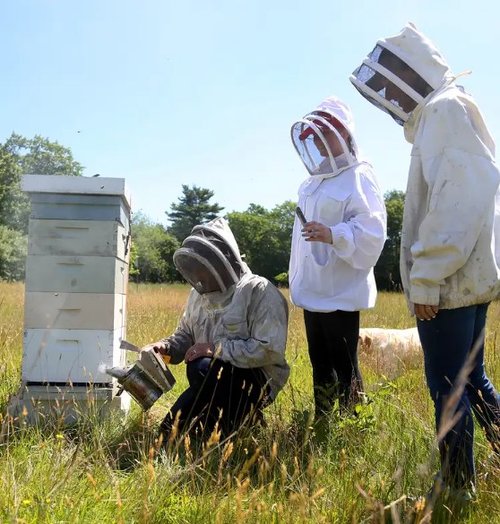|
SeaBee Honey: A Sweet Substitute for Sugar
In the past few years, there has been a growing trend towards using natural sweeteners in cooking. Honey, a natural sweetener produced by bees from the nectar of flowers, has emerged as a popular alternative to refined sugar. Not only does honey offer a unique flavor and aroma, but it also boasts several health benefits. Honey vs. Sugar: A Tale of Two Sweeteners While both honey and sugar provide sweetness, they differ significantly in their composition and properties. Sugar, a refined carbohydrate, is mainly composed of sucrose, a disaccharide of fructose and glucose. Honey, on the other hand, is a complex mixture of sugars, including fructose, glucose, and other minor sugars. Additionally, honey contains trace amounts of vitamins, minerals, and enzymes. Sweetness Comparison When substituting honey for sugar in cooking, it's important to consider their relative sweetness. Honey is approximately 1.7 times sweeter than granulated sugar. This means that for every cup of granulated sugar called for in a recipe, you can substitute about 2/3 cup of honey. General Guidelines for Substituting Honey for Sugar Here are some general guidelines for substituting honey for sugar in cooking:
0 Comments
Join us on Wednesday, April 26 at 6:30 p.m. for a presentation by Joe Marttila of SeaBee Honey and Apiaries. SeaBee is based in Rye with the mission to preserve both pollinators and farmland in the Seacoast area. Joe Marttila will give you a fascinating glimpse into the world of honey bees and other New England native pollinators, and explain why pollinators play such a critical role in the ecosystem. He will also touch on why pollinators are in decline and what you can do to help.
|
Details
SEABEE HONEY BLOGAuthorA beekeeper in New Hampshire [email protected] Archives
December 2023
Categories
All
|


 RSS Feed
RSS Feed